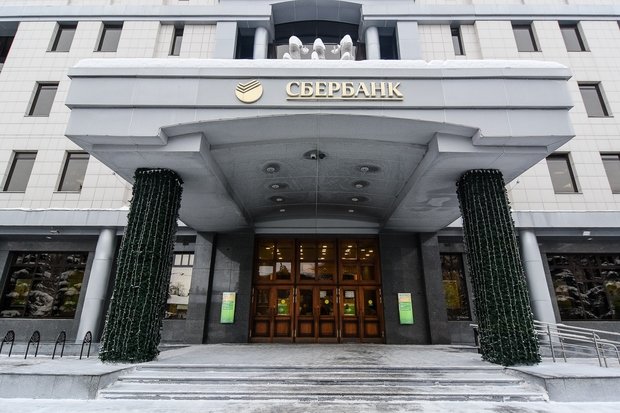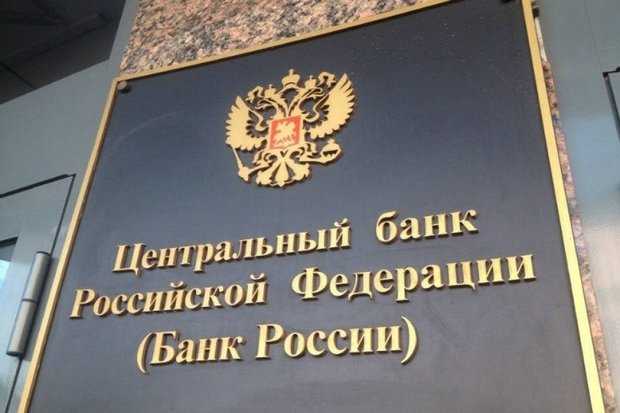Surrounding monopoly: Elvira Nabiullina against hegemony of public banks
Russia doesn’t have regions where competition in the banking sector is possible without external meddling any more
The Bank of Russia published a report about competition in the financial market where it claimed the Russian banking sector was a ''monopoly or oligopoly with competitive environment''. Sberbank and VTB occupy dominating positions in principal banking services while others have to go through high barriers. In this respect, the Central Bank offers to prohibit mentioning the participation of the country in banks' capital in ads and provide workers of organisations with a wider choice of payroll programmes. The experts whom Realnoe Vremya talked with supported the ideas of the Central Bank. However, they think the situation won't change dramatically.
Leader and environment
On 7 June, the Central Bank provided an analytic report about the competition level in the financial market. The report was prepared with the Federal Antimonopoly Service, and the conclusions in it were based on calculations of Lind index and GAP index. The first of them allows to determine the number of organisations that occupy the leading position in the market. The second index tells about the general competition level by comparing the market share of leaders and their followers.
The results of the analysis aren't encouraging: ''As a result of the research, we came to a conclusion that the majority of considered segments of the financial market is characterised by a deficient competition level, and they are a monopoly or oligopoly with a competitive environment.''
The Central Bank looked at how the competition in several types of financial services was and stated that Sberbank and its closest opponent VTB occupied the dominating position there. As the regulator calculated, Sberbank is among leading players in 83 of 85 regions and VTB is in 68 in lending and deposits for private individuals. In lending and borrowing in organisations, Sberbank holds leading positions in 82 regions of the Russian Federation, while VTB has one of the main positions in 61 regions.

What's more, Gazprombank and Rosselkhozbank are important players in these services: the first holds 3-38% depending on the region, the second one owns 3-82%. Sberbank (in 74 regions) and VTB (in 52 regions) also dominate in borrowing the money of public organisations.
Representatives of the regulator note that the composition of leaders in all segments doesn't change as time goes by. As a rule, it's one or two big federal banks, which tells about the presence of high barriers for other players to enter. So, the number of regional markets where only one bank dominates increased from 59 to 67. ''We don't have the regions where the development of competition is possible without additional external impacts (in 2016, there were four regions), '' the report says.
So the Central Bank concludes ''there has been a classic situation with Forhaymer's market model (dominating leader in competitive environment) in principal banking services''.
For assortment, against advertisement
As time went by when chairing the Central Bank Elvira Nabiullina began the clean-up in the banking sector, the institutional environment itself shrank. The number of operating banks has reduced by more than 40% from 2013 to 2018. More than a half of general assets of the sector was concentrated in five biggest organisations, the same five players had almost 56% of all assets by the beginning of the year.
Over 64% of all deposits of the population (it's 16,74 trillion rubles) were held in the top 5 banks as from 1 January, and a bit less than 59% of the total volume of deposits and money were in organisations' accounts (14,6 trillion rubles). The leaning is also notable in the financial result. Early this year, the five biggest banks had a profit equal to 979bn rubles, while the players who ranked from 6 to 20 in the banking system earned a loss of 452bn rubles.

In addition, the legislative framework created complications for many banks: the Central Bank writes today Russia has no fewer than 57 federal acts that have high requirements in several banking services (for instance, while borrowing money of public organisations). These requirements usually refer to the size of equity. Only a restricted circle of banks has access to such services.
Given this, the regulator thinks it's feasible to provide all banks with equal access to borrowing some types of money, guarantees on public contracts and reception of subsidies on separate programmes. However, the Central Bank offers to go further. The report says ''the liquidation of manipulation of the consumer's trust'' can help to develop the competition. So banks are offered to prohibit showing information about the indirect or direct participation of the country in their capital in advertisements.
Another offer is about payroll projects. The Central Bank offers to oblige certain categories of employers to propose employees not one but several operator banks.
''Government participation isn't a reason to boast''
The offer of the regulator concerning advertisement and payroll projects was approved by the experts. In a talk with Realnoe Vremya's correspondent, President of the Association of Russian Banks Garegin Tosunyan claimed he thought both ideas were correct. When talking about a payroll bank, he says employees should have one choice; in addition, the wider the choice, the better: ''It's possible to mix one bank with government participation with a private one and say: 'There is a private bank too, you see.' But a private monopoly isn't better than a government monopoly.
Tosunyan thinks the offer about the advertisement also should be supported: ''The government participation in the capital is neither an advantage and disadvantage. It's only a characteristic from a perspective of registration services or from a perspective of shareholders. But it's not a reason to boast.''

''I think it's very good offers,'' says expert of the State Duma Financial Market Committee Yan Art. ''We have a problem with payroll projects. Consumer rights are so well polished now that they cared about the adoption of the law on cancellation of mobile slavery on time. And the situation in the segment of payroll projects is very undeserved when people have to change a bank when going from one job to another.'' Ideally, a client's card must be included into a more flexible system not restricted by the infrastructure of one bank – but it won't happen soon.
The measure about the ban on mentioning government participation in advertisements is also correct, thinks Art, because, otherwise, it's a game with a shareholder's power. ''But, in general, I'm afraid it is unlikely to change the so-so situation with competition,'' he continues. ''Its level naturally reduced as a consequence of the closure of many banks and a flow of deposits to public banks.''
None of the six banks Realnoe Vremya has reached out to has commented on the offers of the Central Bank yet.